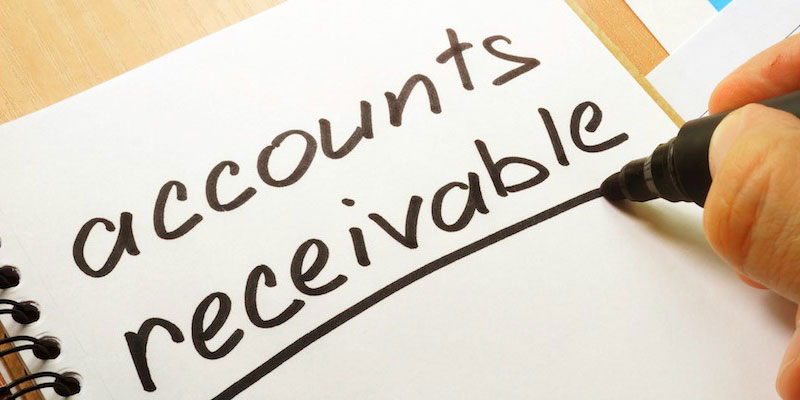A signature loan may be an option if you need money but don't want to put up any collateral. It's possible to get a signature loan for practically anything. In addition, the money can be transferred to your account quickly; some lenders can transfer payments the next working day.
Like any other type of loan or financial instrument, these loans can have certain drawbacks. Lenders out there will charge you fees and offer you a high-interest rate. Please find out about signature loans before applying for one to be sure it's the best option.

What Is A Signature Loan?
A loan secured only by a borrower's signature is called an "unsecured loan." To secure a loan, borrowers typically put up some collateral, such as real estate or valuables, which the lender can repossess if the borrower defaults on loan payments.
The loan is secured by your personal information, such as your income, credit history, signature, and pledge to repay the loan. It's common practice for a signature loan to be an installment loan. You pay the loan off throughout its lifetime by setting consistent monthly payments. All installment payments during the term of a loan are generally the same amount.
Unsecured loans differ from secured ones in that the borrower's house or other assets are safe from repossession if defaulted on. However, the biggest price you'll pay is the decline in your credit score and credit history. Nonpayment of debt, for example, might remain on a credit record for seven years.

How Does A Signature Loan Work?
In most respects, signature loans are similar to other types of credit. Their unique selling point is that no collateral is required to secure the loan. It would help if you first chose a lender to work with to apply for a signature loan. The borrower's name, address, and Social Security number are all pieces of mandatory identifying data.
They give details about their finances, such as their yearly salary and why they need a loan. The application is received and evaluated by the lending company. Lenders typically check applicants' credit as part of the assessment process. The lender reviews the report to ensure the applicant has a solid credit history and is reliable with their financial obligations.
The borrower's timely repayment propensity determines the interest rate and other loan terms. After the loan is approved, the lender usually transfers the funds into the borrower's bank account. Unless the loan arrangement states otherwise, the borrower can put the cash to any purpose they see fit.
Is A Signature Loan The Right Option To Adopt?
A signature loan may be the way to go when you need a small loan quickly and easily, without much red tape. Lenders can select based only on your credit history and financial data because they don't need collateral. If you apply early enough in the day, you may be able to get a signature loan from a lender and have the money in your account the same day.
However, this comes at a greater expense to you. If you have collateral, a secured loan could be better than an unsecured loan, even if your credit is excellent. However, if your credit is excellent, the interest rate on a signature loan can be similar to that of an unsecured loan.
A signature loan may be the way to go if you want a regular, manageable payment. A signature loan has a specific due date written into the loan's terms. The money is provided in full immediately, eliminating the need to worry about accruing interest charges like with a credit card or line of credit.
What Are Signature Loans Used For?
Signature loans, which are a subcategory of personal loans, are taken out for a wide variety of purposes. Consolidating your debts into a single loan might help you save money if you can obtain a signature loan with a lower interest rate than the rates you are now being paid on your credit card debts or other loans.
Because of how quickly borrowers may obtain a signature loan, this type of loan is sometimes the best option for dealing with unanticipated situations, whether medical or other, if you cannot secure a vehicle loan or have big plans for your house.
In that case, you may want to consider getting a signature loan to alleviate the expenses of important expenditures you cannot pay for in full right away. They can also assist with covering the price of expenses associated with a once-in-a-lifetime wedding or trip.
How To Qualify For A Signature Loan?
It is possible that obtaining approval for a signature loan will be more difficult than for other kinds of loans due to the absence of a collateral asset. Your credit record and credit score are crucial factors to consider when assessing whether you qualify for a signature loan.
Your credit report includes past credit activities, such as loans, payments, and collection accounts. Your chances of getting approved for a signature loan are directly proportional to how good your credit score is.
If you have better credit, it will be easier for you to get lower interest rates and fees on the loans you take out. In addition to applying, the lender you choose may want you to give other information about yourself, such as personal or financial details.
Conclusion:
Personal loans secured just by a borrower's signature are known as signature loans and do not require collateral. It indicates that you will not be required to provide any collateral, such as your house or vehicle, to acquire the loan you require.
Signature loans, as opposed to bigger loans such as mortgages or auto loans, are often significantly easier to handle financially and have shorter repayment durations. In addition, the interest rates associated with loans secured by a signature are frequently lower than those associated with credit cards.




